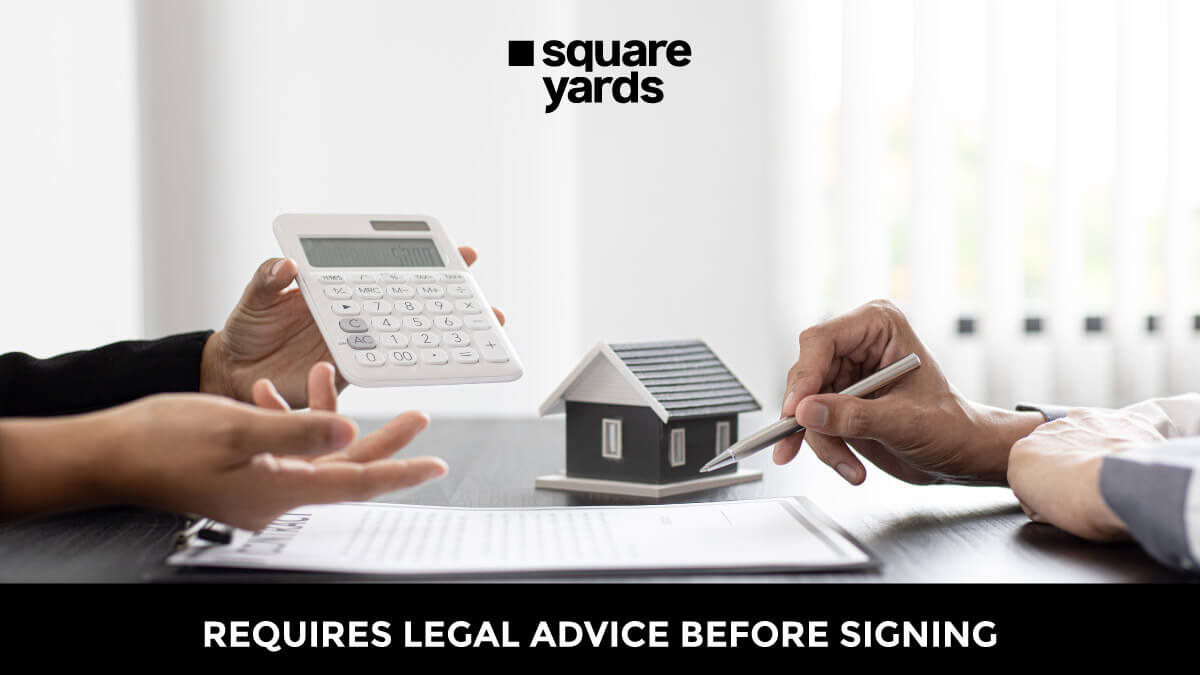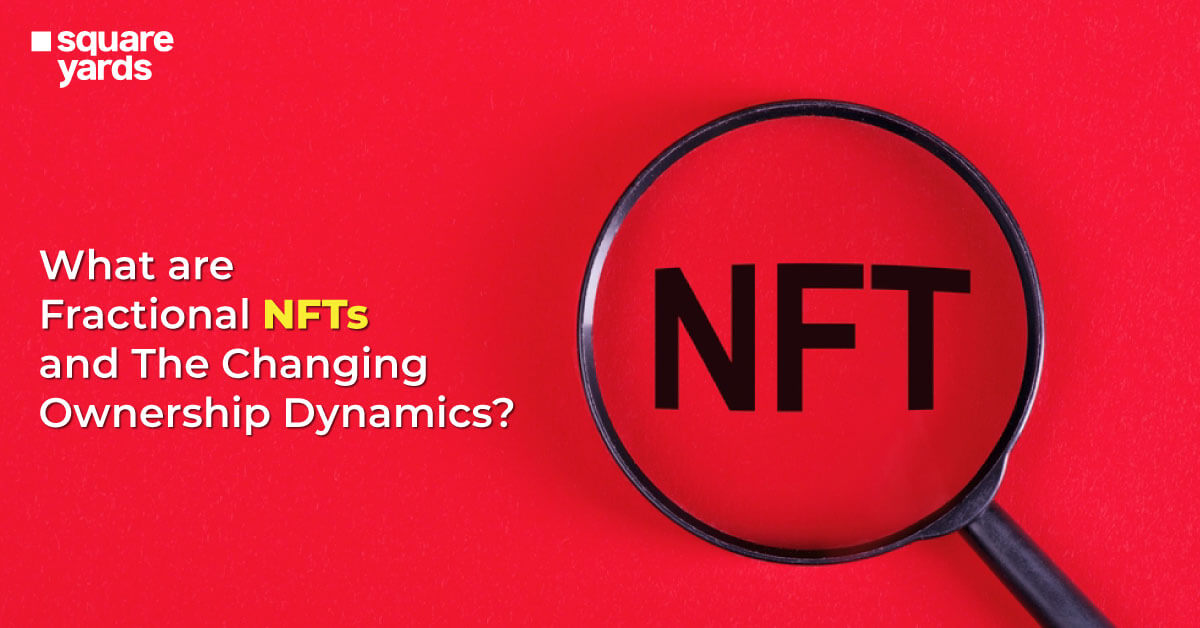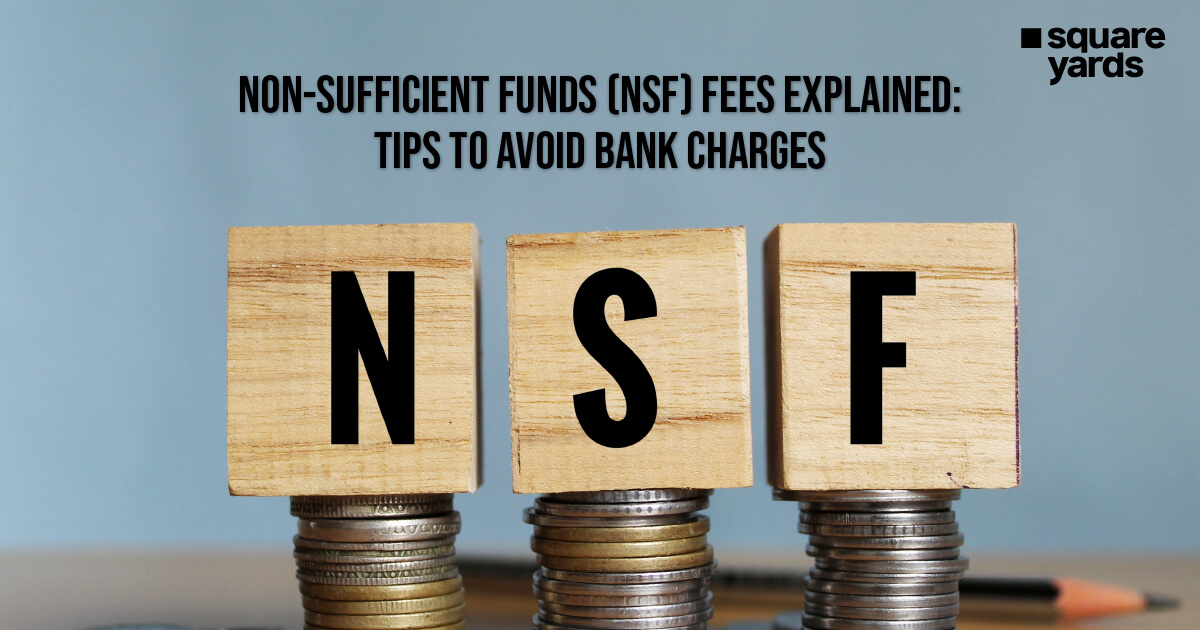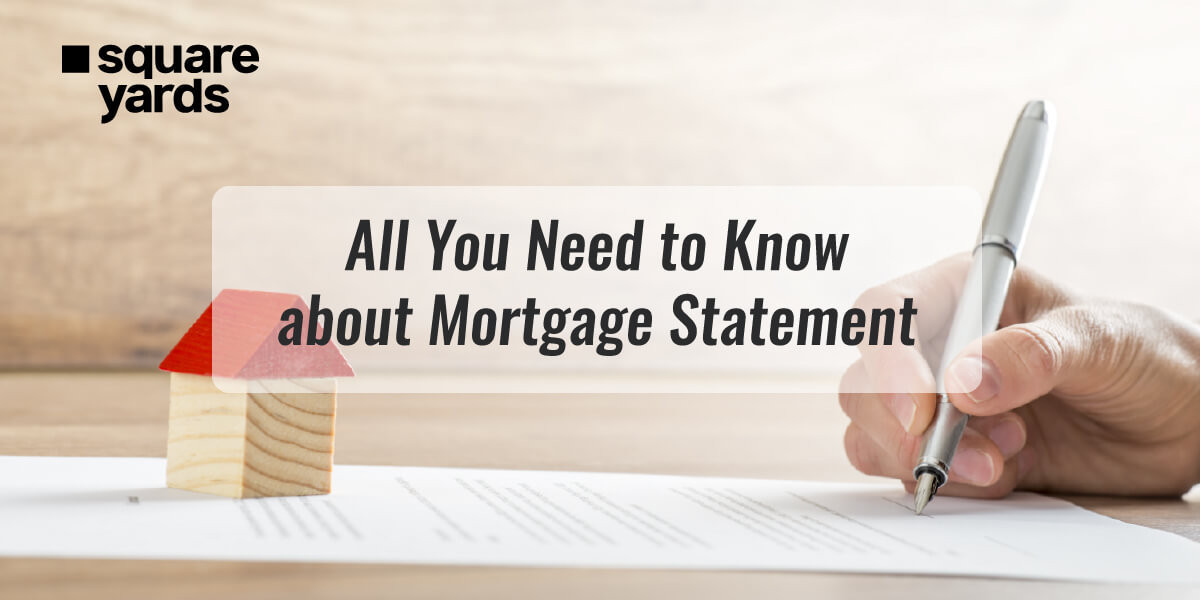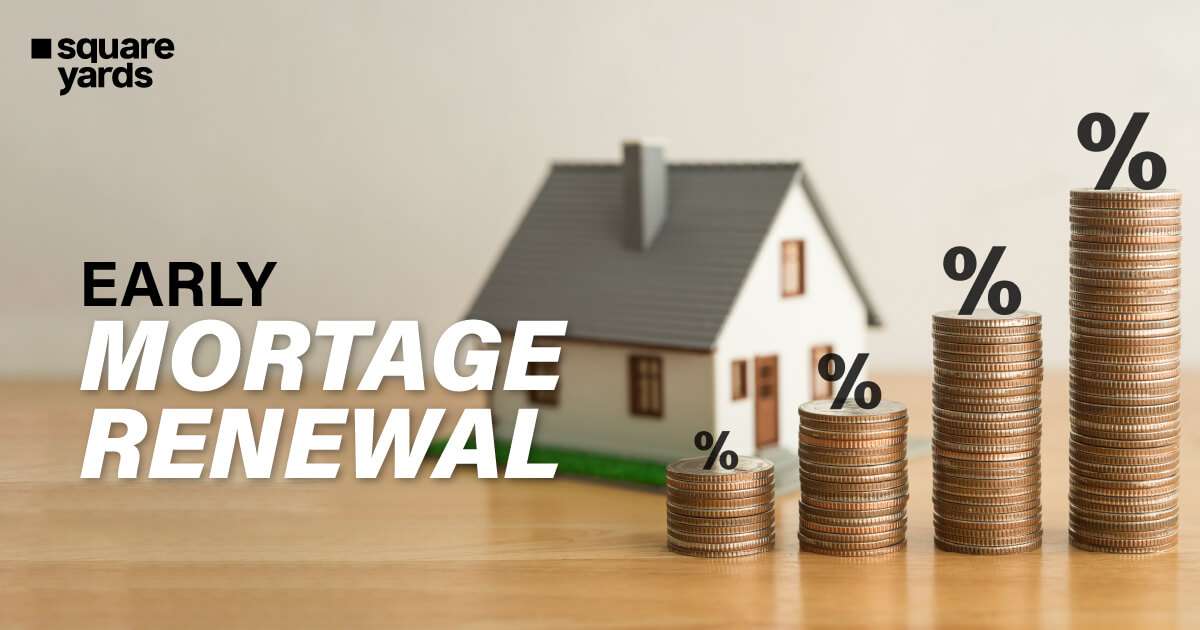A legally binding agreement between a buyer and a seller of real estate in BC property is called a Contract of Buy and Sell. It describes the sale’s terms and conditions, such as the purchase price, deposit, completion date, and any additional unique requirements or contingencies. Transaction of real estate in BC, the Contract of Buy and Sale is an essential document, and it is critical for both the buyer and the seller to comprehend its contents before signing.
It outlines the rights and obligations of both parties involved in the sale and is a legally enforceable agreement. Both the buyer and the seller often sign it after it has been prepared by a real estate agent or attorney.
The Conditions of a Buy and Selling Agreement Consist of

A purchase and sale agreement must, in general, be a precise, legally enforceable agreement between the parties, demonstrating consideration, legal capacity, and an intention to establish legal relations. Below-mentioned are some conditions for the same:
-
- Offer and acceptance: One party makes a purchase offer to another party to buy a certain good or piece of property, and the other party accepts the offer.
- Consideration: In exchange for the purchase and sale, both parties must get something worth it. Money, products, or services are all possible forms of this.
- Legal capability: To enter into a contract, both parties must be of sound mind. They must therefore be of legal age and be able to comprehend the conditions of the agreement.
- Intention to establish a legal relationship: For a contract to be enforceable and legally binding, both parties must have this intention.
- Clarity and certainty: The terms of the contract, including the description of the good or property being sold, the purchase price, and any other significant information, shall be explicit and unambiguous.
- Free assent: Without undue influence or pressure, both parties must freely agree to the terms of the contract.
- Legal requirements: Depending on the sort of property sold, specific legal requirements may need to be met, such as registering with the appropriate authorities.
Key Parts of a Purchasing and Selling Contract

A contract of purchase and sale is a crucial legal document that explains the specifics of a deal between a buyer and a seller. To avoid future misunderstandings and legal concerns, it is crucial to make sure that the contract has all relevant elements. A buy-and-sell home agreement typically includes the following sections:
-
- Persons Involved: This section lists all parties to the transaction along with their names, addresses, and phone numbers.
- Property Description: In this part, the sold property is described in full, including its address, legal description, and any pertinent information regarding its features and state.
- Purchase Price and Payment Terms: In this part, the purchase price of the property is described together with the payment conditions, such as any required deposits, financing details, and due dates.
- Closing Date: The day that the sale will be finalized and ownership of the property will pass from the seller to the buyer is stated in this section.
- Conditions of Sale: This section lists any requirements that must be satisfied before the sale may go through, like positive inspection reports, a clear title, and finance approval.
- Representations and Warranties: This part contains any guarantees that the seller has given regarding the property, including its ownership, condition, and the existence of any liens or outstanding debts.
- Remedies for Breach: In this section, the remedies that either party may pursue in the case of a contract breach are described. These remedies include monetary losses, particular performance requirements, and contract termination.
- Conflict Resolution: This section describes the procedures for settling any disagreements that might develop between the parties, including mediation, arbitration, and court actions.
- Governing Law: This paragraph identifies the legal system that will be applied to interpret and uphold the contract.
- Signatures: The buyer and seller’s signatures are included in this part, together with any witnesses or notaries mandated by law.
A few crucial clauses that must be present in a purchase and sale agreement are listed above. To make sure that the contract contains all relevant clauses and that it appropriately captures the intentions of both parties, it is crucial to seek legal or real estate advice.
Specifications and Descriptions of Key Sections
In British Columbia, the terms and conditions of a real estate sales agreement transaction are set up in a legal document called the Contract of Buy and Sell (BC). The following list of critical sections is followed by an explanation of each:
-
- Property Description: This part provides information on the property being sold, such as the address, legal description, and type of property (e.g., single-family home, condo, townhouse).
- Purchase Price: This part outlines the cost of buying the property and how it will be paid. It might also contain information on the down payment and any price changes (e.g., for property taxes).
- Date of Completion: This section specifies the deadline for the transaction’s conclusion. Typically, the property’s ownership passes from the seller to the buyer on this day.
- Title and Ownership: This section describes how the title will be transferred and the circumstances in which the buyer will gain possession of the property.
- Representations and Warranty claims: This section lists any promises the seller made regarding the property. This can include details regarding the property’s zoning, condition, and any liens or other encumbrances still in effect.
- Condition Precedent: Any prerequisites that must be satisfied before the sale may go through are listed in the Condition Precedent section. For instance, acquiring finance or a positive home inspection may be prerequisites for the sale.
- Default and Remedies: The repercussions of either party’s breach of the contract are described in this section. Details regarding losing the deposit, suing for damages, or requiring specified performance could be included (i.e., forcing the other party to fulfill their obligations).
- Completion Procedures: The steps that must be taken, including the exchange of money and paperwork, are described in this section.
- General Provisions: The contract’s many clauses that don’t fit in other sections are included in this section. Details pertaining to notices, applicable law, and the contract’s interpretation may be included in this.
It’s crucial to remember that the Contract of purchase and Sale BC is a binding contract. Before agreeing to anything, the buyer and the seller should thoroughly read the terms and conditions to ensure they understand their responsibilities and rights. A real estate attorney or notary public should be consulted before the contract is signed, it is also advised.
Conclusion
Real estate in British Columbia, the parties’ signatures on a written contract serve as legal proof that a purchase and sell transaction has been completed. The terms and circumstances of the sale, such as the purchase price, deposit due date, and any criteria that must be satisfied before the sale can close, should be spelled out in detail in the contract. in general, signing a contract of purchase and sale in British Columbia is a crucial turning point in purchasing or selling real estate in BC. Both parties can proceed with confidence that their rights and interests are safeguarded by making sure the contract appropriately reflects the parties’ intentions and interests. real estate bc, agreement of purchase and sale, purchase and sale agreement, contract of purchase and sale bc, purchase contract, purchase and sale contract, real estate sales agreement, home purchase agreement.
You May Also Read :
| Know The Best Time To Sell a House | Best Time To Sell a House |
| Hassle-Free Steps To Sell Your House | Steps To Sell Your House |
| Guide To Freehold vs Leasehold | Freehold vs Leasehold |
| Trends of Canadian Housing market | Canadian Housing market |

